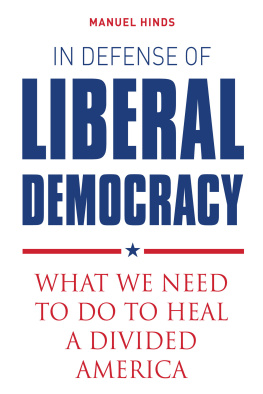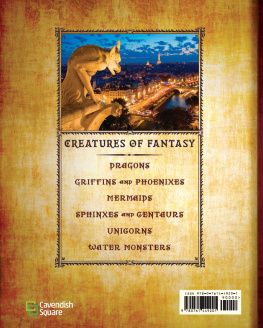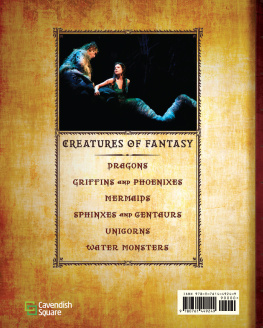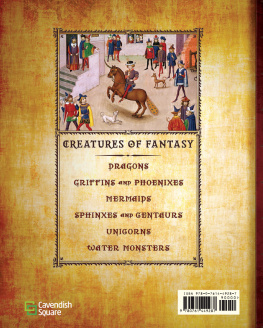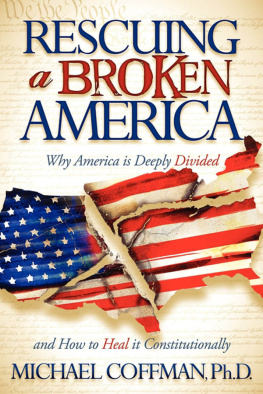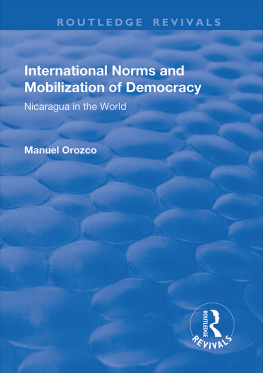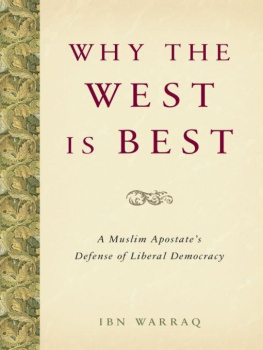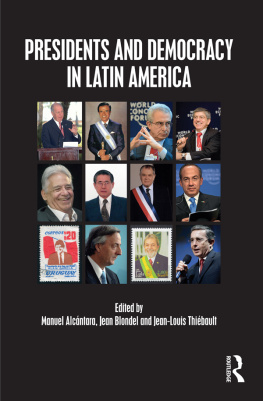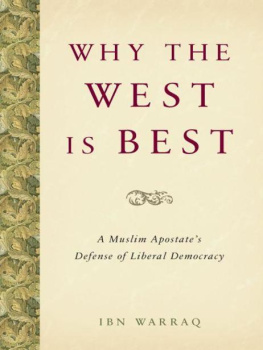Manuel Hinds - In Defense of Liberal Democracy: What We Need to Do to Heal a Divided America
Here you can read online Manuel Hinds - In Defense of Liberal Democracy: What We Need to Do to Heal a Divided America full text of the book (entire story) in english for free. Download pdf and epub, get meaning, cover and reviews about this ebook. year: 2021, publisher: Charlesbridge, genre: Politics. Description of the work, (preface) as well as reviews are available. Best literature library LitArk.com created for fans of good reading and offers a wide selection of genres:
Romance novel
Science fiction
Adventure
Detective
Science
History
Home and family
Prose
Art
Politics
Computer
Non-fiction
Religion
Business
Children
Humor
Choose a favorite category and find really read worthwhile books. Enjoy immersion in the world of imagination, feel the emotions of the characters or learn something new for yourself, make an fascinating discovery.
- Book:In Defense of Liberal Democracy: What We Need to Do to Heal a Divided America
- Author:
- Publisher:Charlesbridge
- Genre:
- Year:2021
- Rating:4 / 5
- Favourites:Add to favourites
- Your mark:
- 80
- 1
- 2
- 3
- 4
- 5
In Defense of Liberal Democracy: What We Need to Do to Heal a Divided America: summary, description and annotation
We offer to read an annotation, description, summary or preface (depends on what the author of the book "In Defense of Liberal Democracy: What We Need to Do to Heal a Divided America" wrote himself). If you haven't found the necessary information about the book — write in the comments, we will try to find it.
Manuel Hinds: author's other books
Who wrote In Defense of Liberal Democracy: What We Need to Do to Heal a Divided America? Find out the surname, the name of the author of the book and a list of all author's works by series.
In Defense of Liberal Democracy: What We Need to Do to Heal a Divided America — read online for free the complete book (whole text) full work
Below is the text of the book, divided by pages. System saving the place of the last page read, allows you to conveniently read the book "In Defense of Liberal Democracy: What We Need to Do to Heal a Divided America" online for free, without having to search again every time where you left off. Put a bookmark, and you can go to the page where you finished reading at any time.
Font size:
Interval:
Bookmark:
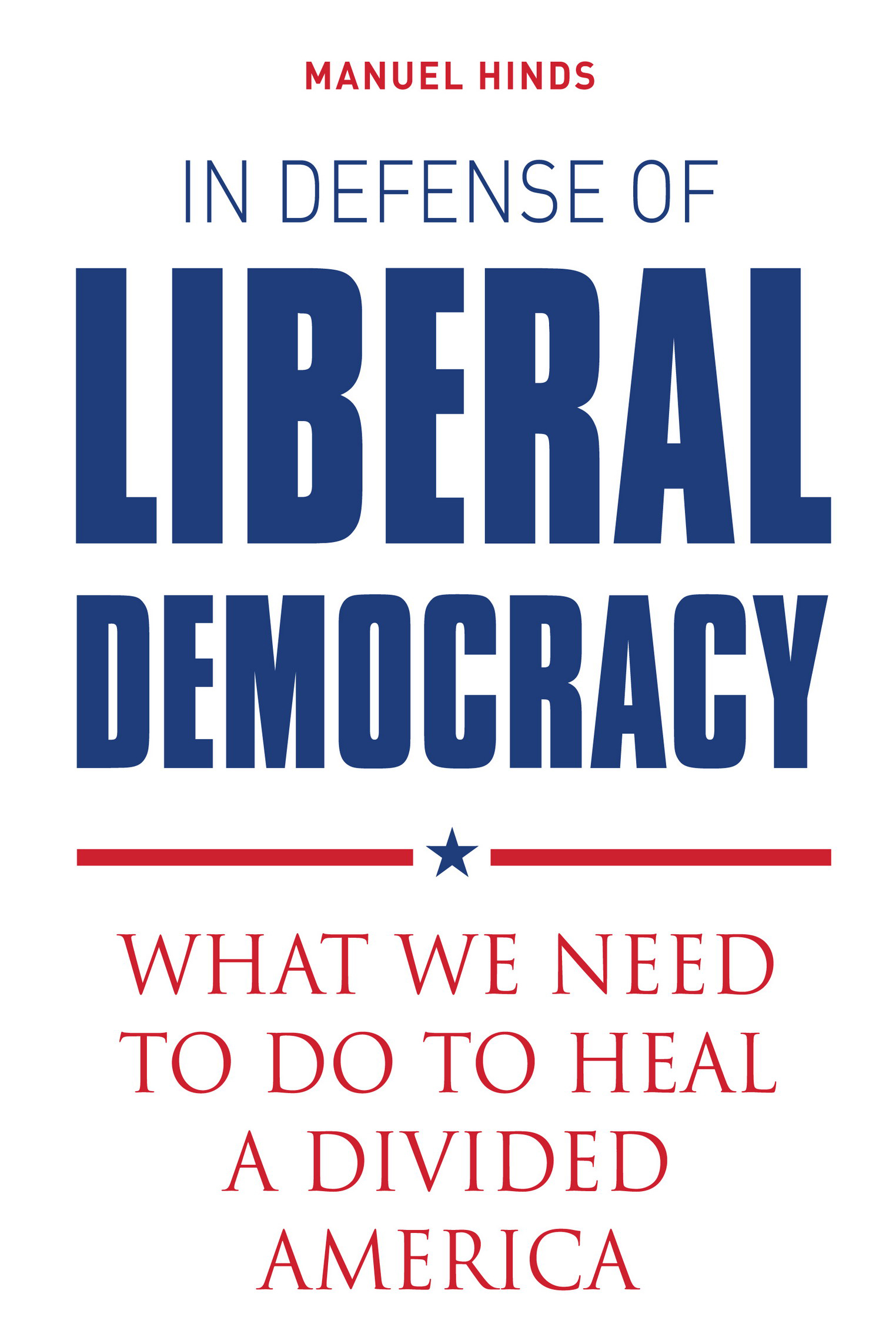
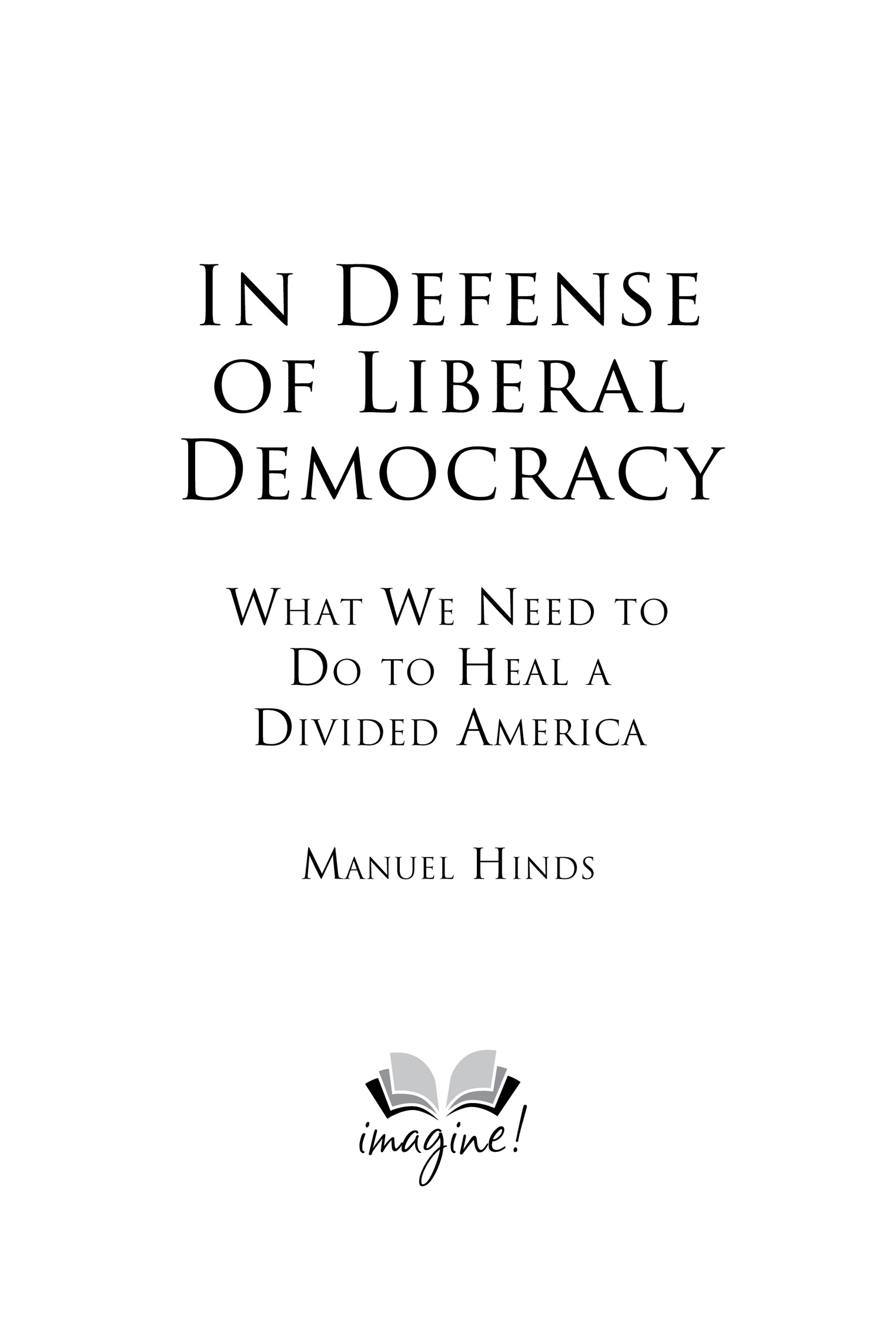
Copyright 2021 by Manuel Hinds
All rights reserved, including the right of reproduction in whole or in part in any form. Charlesbridge and colophon are registered trademarks of Charlesbridge Publishing, Inc.
At the time of publication, all URLs printed in this book were accurate and active. Charlesbridge and the author are not responsible for the content or accessibility of any website.
An Imagine Book
Published by Charlesbridge
9 Galen Street
Watertown, MA 02472
(617) 926-0329
www.imaginebooks.net
Library of Congress Cataloging-in-Publication Data
Names: Hinds, Manuel, author.
Title: In defense of liberal democracy : what we need to do to heal a divided America / Manuel Hinds.
Description: [Watertown] : Charlesbridge Publishing, [2021] | Includes bibliographical references. | Summary: A warning call and rebuttal to the growing body of world opinion that liberal democracy and its foundation, capitalism, are decadent and ineffective, and that a new social order must be found to replace itProvided by publisher.
Identifiers: LCCN 2020028551 (print) | LCCN 2020028552 (ebook) | ISBN 9781623545093 (hardcover) | ISBN 9781632892263 (ebook)
Subjects: LCSH: CapitalismUnited States. | LiberalismUnited States. | DemocracyUnited States. | United StatesPolitics and government1989
Classification: LCC HC110.C3 H56 2021 (print) | LCC HC110.C3 (ebook) | DDC 330.973dc23
LC record available at https://lccn.loc.gov/2020028551
LC ebook record available at https://lccn.loc.gov/2020028552
Cover design by Ronaldo Alves
Ebook design adapted from print design by Mira Kennedy
Ebook ISBN9781632892263
a_prh_5.6.1_c0_r1
Para Carmen Beatriz, Eleonora, Eva Mara, Thomas, Renee, Marco, Natalia y Sebastin y Martin y Mathew
We did not think the ideal of liberal democracy, the open society, would have to be fought for all over again.
Darryl Pinkney
The crisis consists precisely in the fact that the old is dying and the new cannot be born; in this interregnum a great variety of morbid symptoms appear.
Antonio Gramsci
 C ONTENTS
C ONTENTS 

These are the times that try mens souls.
Thomas Paine
Early in the afternoon of November 18, 1863, a tall, ungainly man stood up in a landscape of rolling hills in Pennsylvania to deliver a short address. He wanted to summarize the essence of the history of his countrypast, present, and futurein a few words that would also spell out the rationale for the civil war that was bleeding it. In an unforgettable first paragraph, he chiseled, as in rock, the concepts of liberty and equality as fundamental to the nation:
Four score and seven years ago our fathers brought forth on this continent, a new nation, conceived in Liberty, and dedicated to the proposition that all men are created equal.
He then described the crisis the country was facing as a test of these foundational ideas:
Now we are engaged in a great civil war, testing whether this nation, or any nation so conceived and so dedicated, can long endure. We are met on a great battle-field of that war. We have come to dedicate a portion of that field, as a final resting place for those who here gave their lives that that nation might live. It is altogether fitting and proper that we should do this.
Finally, this man, who within two years would also give his life that his nation might live, the last full measure of devotion, gave an all-encompassing description of the past and future history of his country:
But in a larger sense, we can not dedicatewe can not consecratewe can not hallowthis ground. The brave men, living and dead, who struggled here, have consecrated it, far above our poor power to add or detract. The world will little note, nor long remember what we say here, but it can never forget what they did here. It is for us the living, rather, to be dedicated here to the unfinished work which they who fought here have thus far so nobly advanced. It is rather for us to be here dedicated to the great task remaining before usthat from these honored dead we take increased devotion to that cause for which they gave the last full measure of devotionthat we here highly resolve that these dead shall not have died in vainthat this nation, under God, shall have a new birth of freedomand that the government of the people, by the people, for the people, shall not perish from the earth.
President Abraham Lincoln then sat, taking by surprise the audience, which had expected a much longer address, especially as the main orator that day, Edward Everett, had taken two hours to deliver his speech. Staring at the president before applauding, the audience created a moment of awkwardness that gave Lincoln the impression that the meaning of his message had not reached them. Yet within a few hours, the Gettysburg Address was well on its way to becoming one of the greatest pieces of oratory in history.
In this extraordinary speech, Lincoln portrayed American history as an eternally unfinished business, a work that would continue to be in progress through the ages, a struggle to ensure that the government of the people, by the people, and for the people would evolve and change in accordance with circumstancesbut would not die. In this approach, he followed the path of the Founding Fathers, who saw the social order they were creating not as a static framework but as a dynamic vessel that would lead the United States into an extraordinary adventure of freedom, democracy, and equality. Like all adventures, this grand experiment could produce good or bad results, depending on what Americans did with their free lives.
Lincolns Gettysburg Address echoed the words John Adams had written on June 6, 1826, in response to an invitation to dine with the citizens of his beloved hometown of Quincy, Massachusetts, on the fiftieth anniversary of the Declaration of Independence. In a short letter to the organizing committee, he excused himself on grounds of poor health but then offered this piece of his wisdom about the American Revolution:
A Memorable epoch in the annals of the human race; destined, in future history, to form the brightest or the blackest page, according to the use or abuse of those political institutions by which, they shall, in time to come, be Shaped, by the human mind.
Like Lincoln thirty-seven years later, Adams put the responsibility for the outcomes of the new American social order squarely on the shoulders of American citizens. He and his comrades did not pretend to have created a perfect system, a static structure, a utopia that would automatically direct its citizens to do the right thing and attain perfection. Having been conceived, as Lincoln said, in liberty, the entire social order was designed to guarantee precisely the freedom that would allow its citizens to act in good or bad faith, to make mistakes and recover from them, or not. In that short paragraph, Adams had made clear that the social order would be flexible by saying that the institutions they had created would be subject to change in an unfathomable future. They knew that crises would come and the world would change, requiring institutional transformations, and that keeping the country on the right track defined by the Declaration of Independence and the US Constitution would require work and sacrifice by generations to come.
Font size:
Interval:
Bookmark:
Similar books «In Defense of Liberal Democracy: What We Need to Do to Heal a Divided America»
Look at similar books to In Defense of Liberal Democracy: What We Need to Do to Heal a Divided America. We have selected literature similar in name and meaning in the hope of providing readers with more options to find new, interesting, not yet read works.
Discussion, reviews of the book In Defense of Liberal Democracy: What We Need to Do to Heal a Divided America and just readers' own opinions. Leave your comments, write what you think about the work, its meaning or the main characters. Specify what exactly you liked and what you didn't like, and why you think so.

